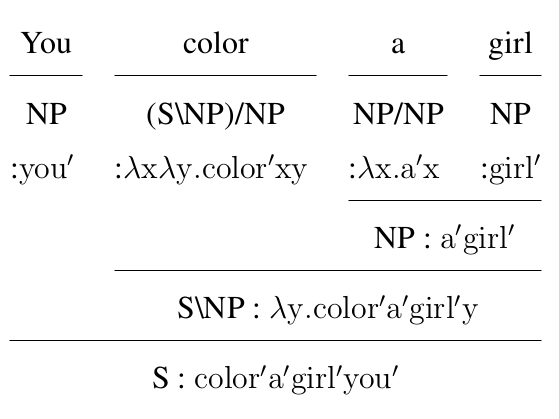M.S. Candidate: Seda Demirel
Program: Cognitive Science
Date: 22.01.2024
Place: A-212
Abstract: English is defined as an accusative language with Subject-Verb-Object (SVO) syntactic order. In this study, if children are exposed to hypothetical English, i.e. ergative English, rather than accusative English in the language acquisition process, what could happen is investigated by using the linguistic annotations of a child-directed speech data set taken from the Eve fragment (Brown, 1973) of the Child Language Data Exchange System (CHILDES) database (MacWhinney, 2000).
Based on the data set, English grammar is constructed with the syntactic and semantic structures of the words. According to this grammar, correct pairs of sentences and their logical forms are generated. Subsequently, several models are developed to derive accusative sentences from the grammar including only accusative versions of the verbs. After the training process, the best model is expected to prioritize correct pairs in the derivation results. Two experiments are conducted with this model: one includes ergative forms of transitive verbs, and the other includes ergative forms of both transitive and intransitive verbs. During these experiments, a comparative analysis is conducted between accusative and ergative forms to determine which category will be prominent in the acquisition of accusative and ergative language.
The rationale behind this study is that each syntactic structure (accusative or ergative) is equally likely for children in the language acquisition process and their exposure to particular linguistic experiences decides which category comes to the forefront and which category falls behind. In this regard, the study aims to reveal that there may not be a universal parameter governing language acquisition.
